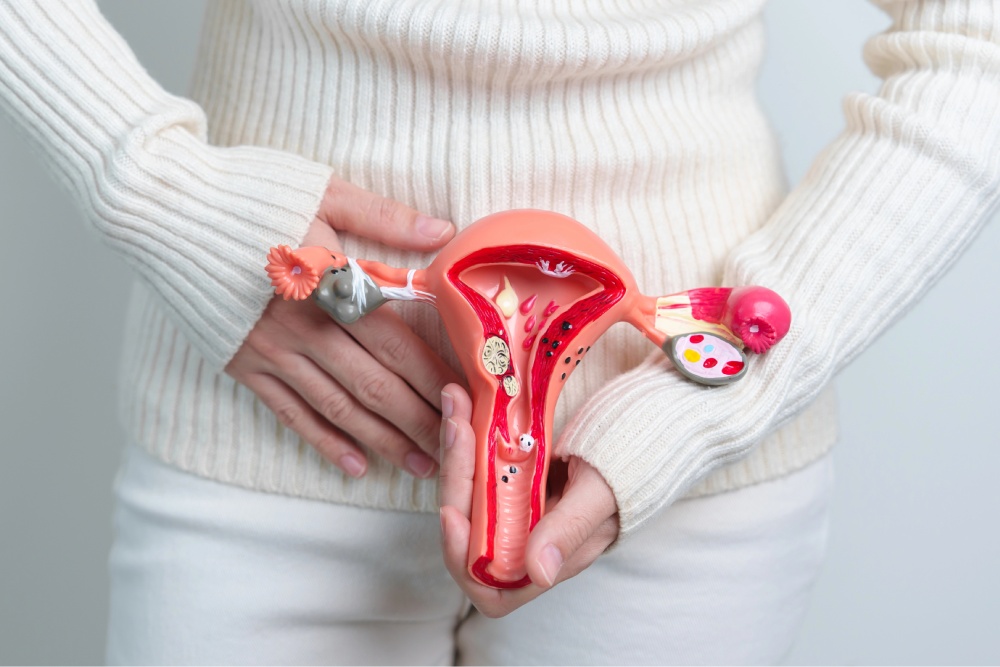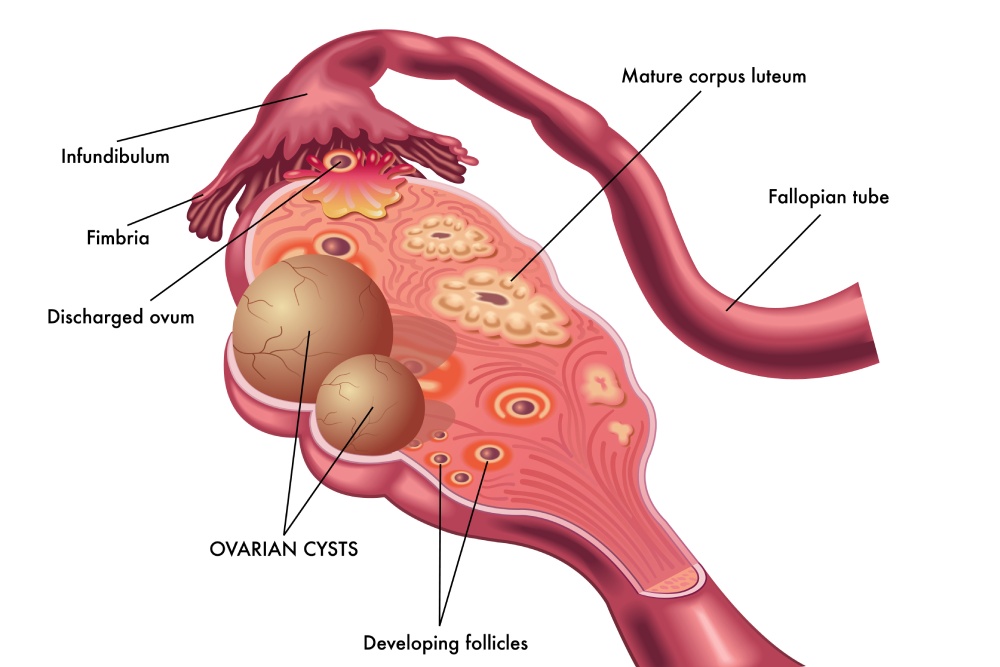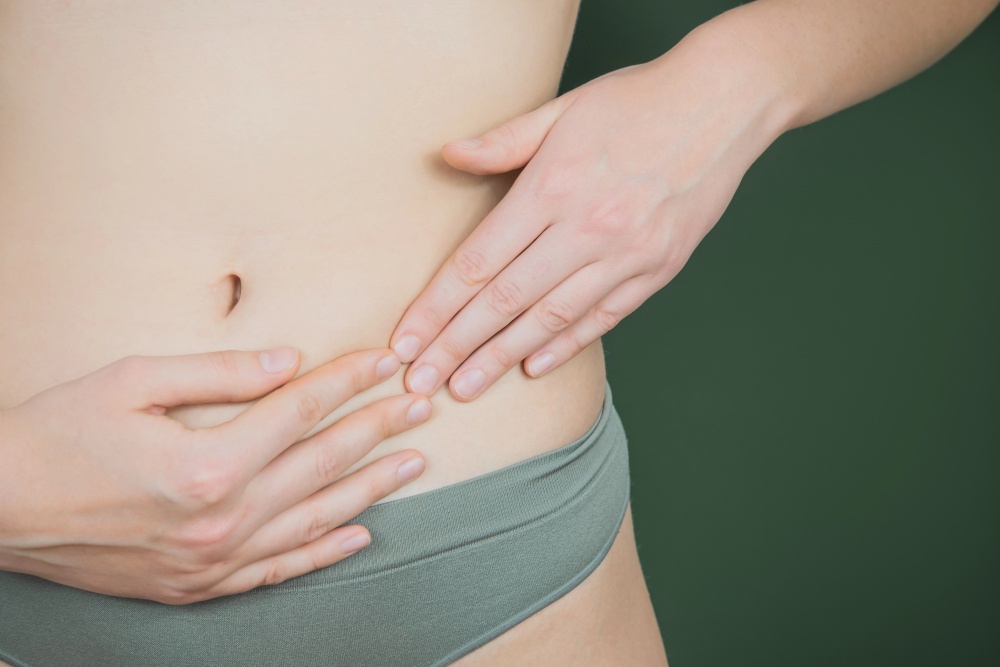
Surgical Solutions: Exploring Hysterectomy As A PCOS Treatment
Polycystic Ovary Syndrome affects millions of women worldwide, often bringing challenges like irregular periods, hormonal...
Read MoreOn average, menopause starts at age 51. Most women dread the onset of menopause, and it’s easy to see why: hot flashes, weight gain, low sex drive, mood swings, and more are all common symptoms, and they sound downright unpleasant.
It’s true that menopause is an unavoidable part of life. But at The Women's Center, we believe menopause shouldn’t be a time of suffering.
Our team specializes in comprehensive menopause care — and for many women, menopause is the perfect opportunity to reconnect with themselves and practice much-needed self-care. With these tips, you can feel better and start thriving through menopause.
Physical activity is one of the best ways to feel better in menopause — both mentally and physically — so start incorporating about 30 minutes of exercise into your routine most days of the week.
Regular exercise can help you maintain a healthy weight, sleep better, and elevate your mood. Weight-bearing exercise, like walking and strength training, can also help you avoid osteoporosis during and after menopause.
A balanced diet is important no matter your age. Focus on eating fresh fruit, vegetables, lean proteins, and whole grains. These foods are rich in essential vitamins, minerals, and nutrients to fuel your body.
Your caloric needs change as you get older, so talk to our team about how many calories you should be eating. Along with choosing nutritious foods, make sure you stay hydrated. Drink water throughout the day to help reduce the bloat and dryness that often come with menopause.
Nearly 75% of women get hot flashes in perimenopause and menopause, making them one of the most common menopause symptoms. Hot flashes can interrupt daily life, but taking a proactive approach can help you manage them more effectively.
If you experience hot flashes, some lifestyle changes can help make them more bearable. Wear loose, lightweight clothing during the day and at night to avoid overheating. Carry a portable fan, and keep washcloths in the freezer to cool down fast.
If lifestyle changes aren’t enough, ask our team about other ways to reduce hot flashes.
A gratitude practice involves being thankful. When you’re experiencing symptoms of menopause, it’s easy to focus on the negative things you can’t control, but practicing gratitude can actually help you feel better.
Make a point of feeling gratitude each day. Gratitude can make you feel happier, lower stress levels, improve your quality of sleep, and elevate your mood — all of which can help you enjoy life more during menopause.
Menopause marks the end of your menstrual periods, but your need for regular gynecologic care doesn’t stop. Most women still need Pap tests, mammograms, and other preventive screenings after menopause.
Our team is here to help you navigate perimenopause and menopause. We do physicals and screenings to ensure you’re enjoying your best health, and we also offer treatment for menopause symptoms.
If you’re bothered by severe symptoms that interfere with your daily life, ask about hormone replacement therapy (HRT). HRT can ease your symptoms by rebalancing hormones, and it may be a good option for you.
Menopause brings a lot of changes, but that doesn’t mean you have to suffer. Practicing self-care helps you navigate those changes and make it to the other side.
For more information about life in menopause and beyond, book an appointment at The Women's Center. Call one of our Orlando, Florida, area offices or book online now.




Polycystic Ovary Syndrome affects millions of women worldwide, often bringing challenges like irregular periods, hormonal...
Read More
Ovarian cysts after menopause may seem uncommon, but they can still develop even when the...
Read More
Uterine fibroids are one of the most common benign growths affecting women. By age 50,...
Read More